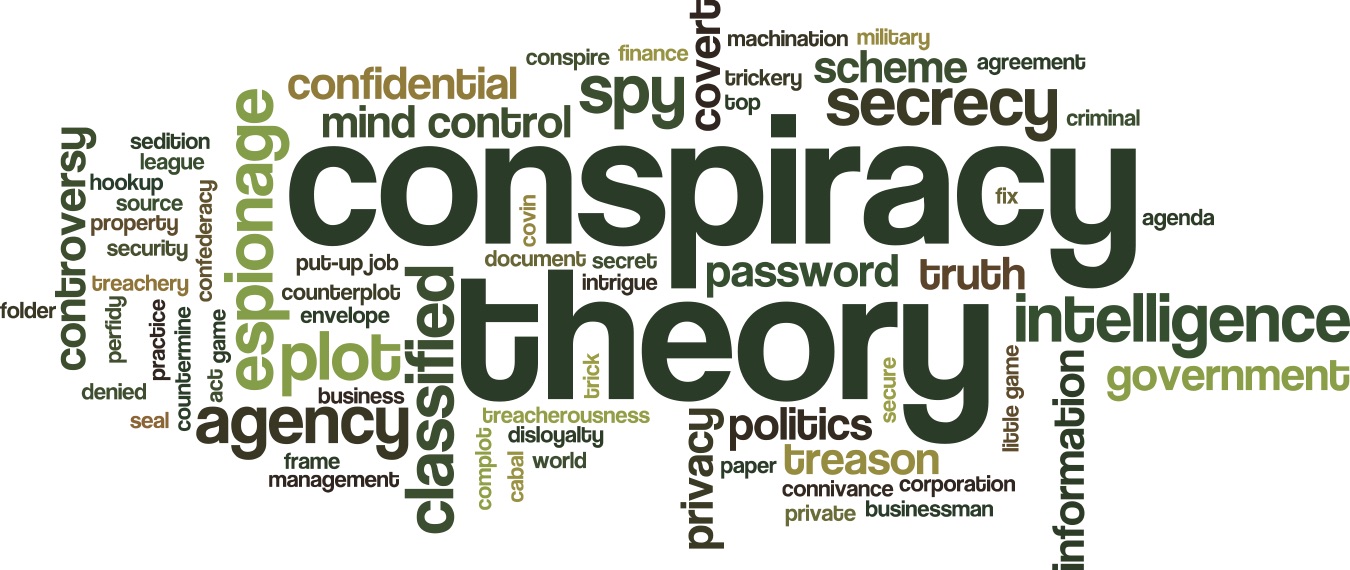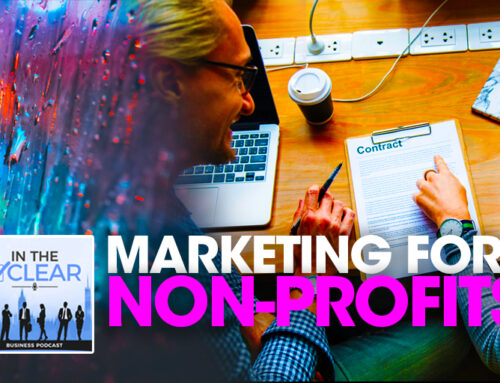Due Diligence:
Conspiracy Theory vs. Corporate Counterintelligence
Let’s face it who doesn’t love a good conspiracy theory? There can be a ton of fun in speculating the who-done-it. However, conspiracy theory can quickly become an emotional roller coaster, especially when a theory assumes that some underlying force is out to get us (or a client). While conspiracy theory can be fun and entertaining, conspiracy theory really has no place in the business world.
Conspiracy Theory
This by definition is “a belief that some covert but influential organization or person is responsible for a circumstance or event.” So how does this even enter into the realm of due diligence and business? Simple, often times we come across people who feel they have some understanding of what corporate counterintelligence is and because of the movies, or some misguided understanding, they automatically equate anything “bad” that happens in any business setting as some level of conspiracy.
The problem with conspiracy theory in business is that it actually creates more problems than it does good. Conspiracy theory tends to focus on possible events that may or may not have happened and often relies on speculation and decisions based on an incomplete picture. In essence, conspiracy theory comes from a place of fear and really doesn’t paint a clear picture about any situation.
This is dangerous in business and can cost clients time and money. Not to generalize (ok, I’m going to generalize), but the “background check” mindset tends to play into the arena of conspiracy theory. Now, most of the good P.I.s I know may start in conspiracy, but they are at least aware enough to come back around to good ol’ fact finding. However, there are those P.I.s out there who are more than happy to take your money and feed someone’s running script that everything is a conspiracy theory. This is why you don’t see a term in business called “Private Investigative Intelligence.” This is also what really sets corporate counterintelligence apart in the due diligence world.
Conspiracy theory also operates on the assumption that since someone may or may not do something again, then time is of the essence. This is where conspiracy theory as a means of due diligence begins to really fall apart. This is because most due diligence cases actually fall into one of two camps, cleaning up a messy situation or preventing one. In either case, time is not of the essence but being thorough and efficient become more important because the information discovered in the process may need to be used for a legal situation. And, if an attorney is already involved in a specific situation then the do’s and don’ts of due diligence become even more restrictive and the level of execution for fact finding and deciphering of information becomes extremely precise. This fact alone is why conspiracy theory becomes dangerous because it can not operate in the same realm of precision that corporate counterintelligence requires. The mere construct of conspiracy theory falls apart when the level of deciphering, assessing facts, and analyzing information needed to protect a client’s interest comes into play.
Corporate Counterintelligence
The term corporate counterintelligence exist at a variety of different levels in the due diligence arena. However, at the very center of the understanding of this concept lays the idea of pure objectiveness. Conspiracy theory is not effective in this realm. In order to be an effective counterintelligence agent, one has to understand the facts objectively so an effective decision can be made to navigate certain life or death circumstances. The same is true of corporate counterintelligence in the business world. The corporate counterintelligence process requires uncovering, deciphering and processing various amounts of information. Depending on the level of risk this level of due diligence can become very complicated. Especially since the goal is to remain objective so the best course of action can be identified that will mitigate any risk. Notice I did not say eliminate risk. Regardless of the due diligence process, risk still exist. However unlike conspiracy theory that automatically assumes some level of “danger,” corporate counterintelligence identifies the risk so the choices that are decided can be done in confidence.
The tricky part to corporate counterintelligence is navigating the enormous amounts of data in any given problem set while navigating all of the peripheral information that affects the situation as a whole. This includes the emotional impact of a situation, other people’s opinions about how something should or should not go and, of course, keeping any conspiracy theorist at bay. Now to its credit, conspiracy theory can highlight potential avenues of approach, however, objectiveness has to remain the focus when performing due diligence utilizing corporate counterintelligence.
Corporate counterintelligence is not a fast process, nor is it designed to be. Of course there are times where the process can be expedited. However, the process still takes time. That is because of the amount of data needed to be researched, understood, assessed, analyzed, and processed in order for all of the avenues of approach and potential risk to be identified. Once that is done, the information then has to be assimilated in such a manner that it can be understood by those who it serves (i.e. the client) so they can then make an educated decision on a situation.
When it comes to due diligence, conspiracy theory is like throwing spaghetti against the wall in hope that something sticks so you can say, “See, see I was right” with no game plan on how to mitigate risk moving forward. While the corporate counterintelligence method of due diligence may be more time consuming, in the long run it ultimately saves time and money because it identifies the potential risk. In doing so, it gives the client the information required to navigate those risk in order to mitigate loss and prevent repeating similar mistakes that created the triggering event that required due diligence in the first place.





